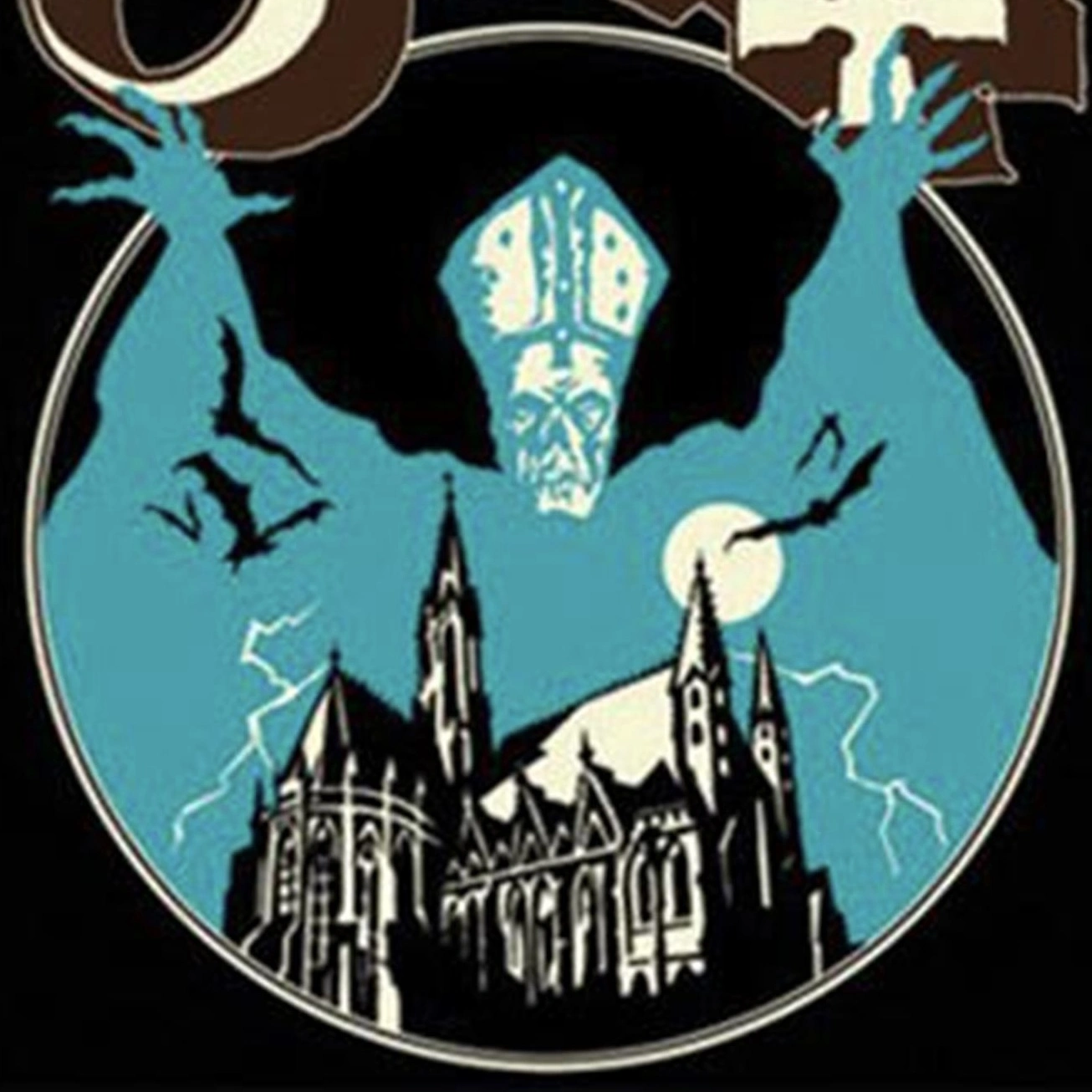wait… why would you want to carry it with you??
Matte
- 1 Post
- 34 Comments
oh god, where do I even start?
first of all, the whole article reeks of bias and entitlement. “I don’t like VR so other people shouldn’t have it!!”
then, it all sounds like this guy never even tried any VR headset, or maybe he puked copiously after his first test.
and he’s constantly baiting and switching: “tim cook only interest is in squeezing money from us rather than releasing new products!!”, and right after “tim cook released a new product and it SUCKS!! even my mother said it!”
I bought a Rift CV1 in 2016, I’ve been waiting for some real VR since the first time I tested a rudimentary headset at a tech convention in 1996 playing Doom and some other VR game. it’s sick. I love it. I spent 10 hours a day in the headset during the first month, then I discovered simracing and it was an absolute blast. But the CV1 suffered the lack of direction outside of gaming. the screens were way too low resolution, it needed a powerful PC, it needed cameras, it needed joysticks, had no pass through so all of this stuff really didn’t make it for an optimal experience outside of gaming. I’ve ever since dreamed a way to use VR to work, and it seems like apple did it… or at least is in the process to.
Apple is not Google, so the Vision Pro is not going away. they’ll keep on refining it and bring it forward because that’s the future. you can’t judge it by now, we’re 5-10 years ahead of mass adoption of this tech, but we can already see what’s going to become.
unfortunately the tech suffered a big, big blowback caused by the boom of cryptocurrencies… we’ve all been waiting for more powerful graphic cards in order to cheaply manage VR, but nVidia was more concerned about making easy bucks selling to bitcoin farms rather than serving their loyal customers… and so VR took a hit around 2020 due to lack of cheap availability.
Facebook created the quest in order to detach their product from the whims of a terrible company like Nvidia, and that has somehow helped. but the Quest is and remains an entertainment product, not something that you can rely on for working.
I think the Vision Pro will be a revolution for those doing 3D modeling, or even programming. When the guy in the article says “you’ll get isolated in your tech!!” I think he knows he’s full of bullshit, because cubicles DO exist and people working at a PC screen is now more isolated than ever.
maybe his job is typing rants from the couch of a hotel on his iphone?

 6·11 months ago
6·11 months agoI’m not sure if that changes anything. by logic I’d say if you pay more, more money will get redistributed but I can’t say for sure. what I can say is that I see my payouts, and Tidal is the one with the highest payout rate per streaming.

 151·11 months ago
151·11 months agosure thing, I’m not saying it’s not true. but we had two models to choose from: the bandcamp model, which is a marketplace where the artist can set their own price, the spotify model, where the distributor sets the price, and an in-between that was itunes, where the artist would suggest the price and the distributor could modify it.
for some reason we went to the nuclear solution, and chose the terrible spotify business model, where three companies make money while killing everybody else.

 181·11 months ago
181·11 months agoof course it’s a better deal, Youtube Music barely pays anything. it’s even worse than Spotify, and most of their streamings come for free, which is enraging to say the least.
anyways they have two paths: they either suck the costs in and increase the subscriptions (and lose customers in the meanwhile, so they’ll earn less in order to give more money to the small artists) or they cut the share they’re giving to the majors, which is the biggest percentage of the pie. but majors will simply boycott spotify and create their own platform, just as it happened with netflix.

 13·11 months ago
13·11 months agonope. majors have flooded the factories a couple years ago and cut off all the orders from small labels. we had a turnaround of 8 weeks, that from one month to another suddenly became 12 MONTHS. we tried looking for another factory but they were all booked. lots of labels died because of this. the majors played aggressively to kill ALL the competition, included small actors like me.
have you seen the hundred thousand unsold copies of Adele’s last album last year? just to name one

 552·11 months ago
552·11 months agoah, you got to the main issue of the question. the problem is not different from before, and Spotify has just been used as a tool from the majors. if you read a comment below, I wrote that it’s true that Spotify pays their 70% to the artists… but they don’t tell how that money is redistributed. what we earn as independent is absolutely not the same of what a Warner or Sony artist earn. Spotify made under-the-table agreements with the majors in order to grab their catalogue and avoid getting shut off.
the majors saw spotify as a great tool to get themselves out of the hole they dug themselves into during the post 2000s, and kept doing their same shady kind of business.
so well spotted, you’re absolutely right.

 261·11 months ago
261·11 months agoof course a direct purchase from bandcamp, either an album or a shirt/merchandise is the best. avoid amazon at all costs. purchasing from itunes is decent. if you want to stream, pay for an account on tidal, it’s the one that pays best of all the streaming services. the very worst is spotify and right under spotify youtube/youtube music. it’s better if you just grab the album from piratebay at that point, since youtube is the only one making money.

 151·11 months ago
151·11 months agoand capitalism killed bandcamp too now…

 212·11 months ago
212·11 months agothey don’t. spotify says they’re paying 70%, but they don’t tell how they redistribute that revenue. they have under-the-table deals with the 3 majors who grabs most of that money, and leave the crumbs to everybody else.

 12723·11 months ago
12723·11 months agoI’m a small label owner and I guarantee you that it’s a red herring. they set the price of the service, and you can either upload your music on spotify, or not upload it.
compared to the market before digital platforms, where YOU set the price according to several factors, Spotify is the judge and the jury. they choose what the subscription cost is. they choose what your music is worth. they choose the amount of payout you’re gonna get. this is completely backwards! WE should be the ones, labels and artists, to tell spotify what our cost is, and THEY should be the ones setting their subscriptions on the according price for them to be able to cover all their running costs.
but they put themselves in the dominating position on the market, and contributed to the destruction of the physical market. we got left with no choice but to upload our music on their service and eat shit.
we passed from earning thousands of euro per year in physical and digital sales, to getting 100€ every three months for royalties on spotify. this is unsustainable whatever the way you look at it.
they’re the pirates, and ruined the market much more than what pirate bay ever did.

 321·1 year ago
321·1 year agoPutin says. “He was a man of complicated fate, and he made serious mistakes in his life, but he achieved the right results.”
well, for sure his mistake was to question Putin’s power. And the right results was that he… died?

 21·1 year ago
21·1 year agoeven better, if you have iphone you can scan a document with Files.

 2·1 year ago
2·1 year agothe partial root to these problems is actually technology and social media.
people vote and have to protest, if they’re fed russian social media propaganda and they’re too numb to protest against industries emitting carbon into the atmosphere and governments too slow to react to climate change, you can see pretty quickly this becomes a huge problem.
right-wing insanity: social media polarization

 4·1 year ago
4·1 year agopeople got hooked to emails back in the 90’s. internet addiction is real.

 147·1 year ago
147·1 year agothis is a rose tinted glass tbh. maybe if you’re watching a dvd on an iphone screen, but DVDs were limited to 720p, and a bad one too. You need modern bluerays to really get up to par with HD streaming services.
I can’t even get people to USE telegram, which they have already installed, let alone get them to understand, subscribe and install a federated messaging app. it seems like it’s whatsapp or back to the trained pigeons.

 1·1 year ago
1·1 year agoso, who’s buying their products once everyone is unoccupied?

 8·1 year ago
8·1 year agoUBI is an inevitable future. the only question is when, not if. And probably the countries that will be able to create a better law quicker than others will get a decent economic advantage over the conservative ones.


why is everyone praising it? they spent it all on costumes and sets, and forgot to hire an almost decent writer. the script is terrible, it’s full of nonsensical stuff and it feels copypasted from others shows. I really disliked it, and I played all the Fallouts since the 1990’s.